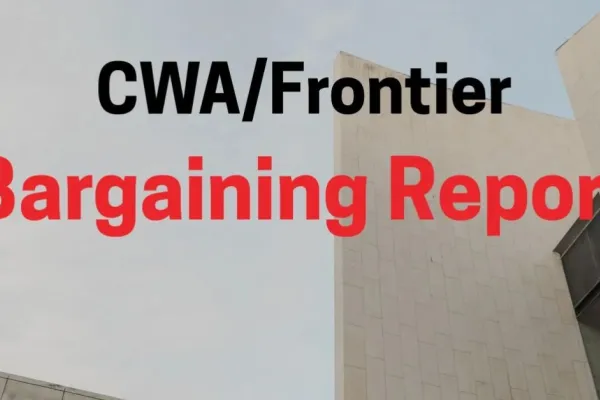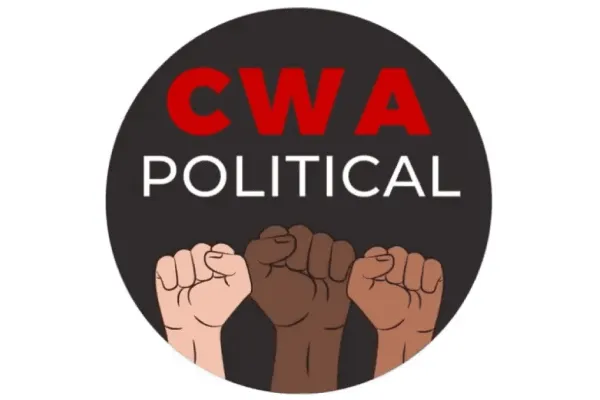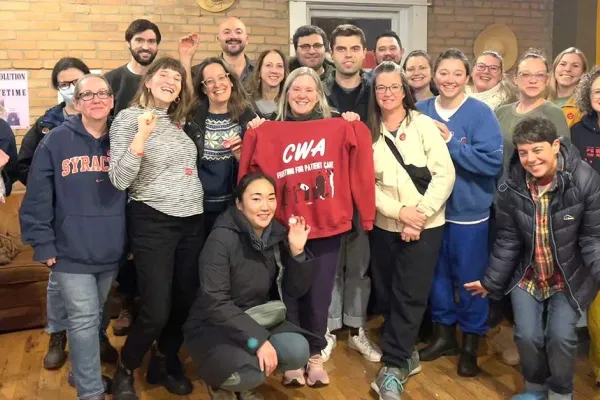June 2013 Bargaining Update: US Airways Passenger Service
On June 4, we met with the company and gave them proposals for Article 9-Filling of Vacancies, Article 12-Reductions in Force, Article 13-Voluntary Furlough, and Article 14-Recall. We told the company that all of these articles relate to each other in one way or another and our members were adamant that in the ATOs, the CSAs and CSSs furlough be done together by seniority. We gave the company examples of members being furloughed with twenty years seniority as a CSA and members with 1 year seniority keeping their job as a CSS. We want to make sure that any job loss is handled fairly and by seniority.
The company came back later to pass us Article 25-Grievance Procedure. We told the company that we want to make sure the employees are aware of their rights under the grievance procedure and are treated in a similar fashion as other groups within the airline industry.
The union gave the company proposals on Article 15-Furlough Benefits and article 32-Call Monitoring. We told the company that the current time frame is sufficient to be able to have a meeting with a member and provide feedback on calls. We want to make sure that the member would be able to recall the phone conversation to have an account of what transpired during the call. We ended the day discussing counter proposals.
On June 5, we met with the company and gave them a proposal on Article 5. We reminded them that it is unfair to allow someone to work overtime, whether voluntary or mandatory 16 hours back to back, yet not allow someone to voluntarily trade into 16 hours back to back. We also expressed to the company again that our reservations employees wanted to see a live bid. We ended the day by working on more counter proposals and prepared for the following day.
On June 6, the company gave us counter proposals on Article 9-Filling of Vacancies, Article 12-Reductions in Force, Article 13-Voluntary Furlough, Article 14-Recall, and Article 15-Furlough Benefits. We were disappointed by the company’s proposals and felt they didn’t really explain the reasons behind their lack of movement.
Keep in mind we do not give specifics right now on each article because they can change in each session of bargaining. Until we have a final tentative agreement to vote on the proposed language can change often, and we do not want to cause any confusion.
The next scheduled bargaining session is in Tempe, AZ, July 30-August 2.
CWAers Take Foundational Roles in Incoming Administrations
Nurses Face Tough Opposition To Forming Their Union


